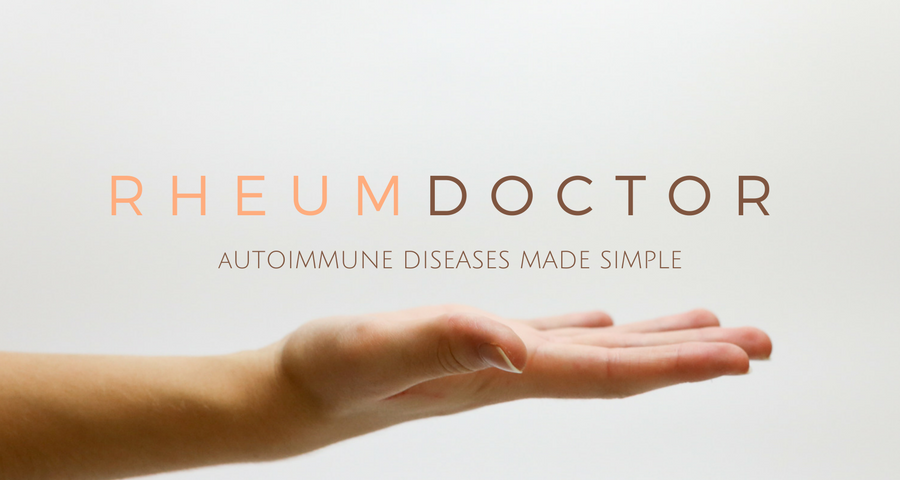Antibodies are proteins made by B cells whose mission is to fight off intruders. They consist of a constant region called the Fc region and a variable region call the Fab region. The variable region has a site called the antigen-binding site that is programmed to attach to a specific type of protein. For example, the antibody may have affinity to a type of protein found on the flu virus. This antibody would then help fight the flu if exposed to the flu.

What are monoclonal antibodies?
Monoclonal antibodies are antibodies that like to bind to a specific protein or target. What makes them monoclonal is that they are made from clones from a single parent cell. These are grown in a lab. It’s important to note that they are not 100% the same. Almost but not quite. Take for example, identical twins. Although identical twins derive from the same egg and sperm, hence share the same DNA, changes in the environment will alter their DNA over time. This is what we call epigenetics. So identical twins are not completely identical after all.
How do we use monoclonal antibodies to treat disease?
It seems every medical specialty is coming up with its own monoclonal antibody these days. Antibodies to help lower cholesterol, control asthma, fight off cancer, etc. In rheumatology, we use monoclonal antibodies to control most diseases like rheumatoid arthritis, lupus, psoriatic arthritis, ankylosing spondylitis, vasculitis, etc.
If we are dealing with a disease where we know a particular cytokine is problematic, we treat that disease with a monoclonal antibody that targets that cytokine. For example, TNF-alpha is problematic in rheumatoid arthritis. We therefore, use monoclonal antibodies like adalimumab that bind to TNF. The TNF is then rendered inactive. No more inflammation.
Monoclonal antibodies and biosimilars
Do you remember when I said monoclonal antibodies are kind of the same but not 100% the same? Monoclonal antibodies are grown in a lab. Although the environment where they grow is tightly controlled, like all things grown, small variations occur even in the best of situations. That being said, this causes differences from batch to batch of the same medication.
You may have heard about biosimilars in the news lately. These medications are coming to market whether we like it or not. Essentially, biosimilars are “copycat” versions of monoclonal antibodies who’s patent expired. Basically their parent cell is different but the end product gives similar clinical results.
If you’d like to learn more about how biosimilars may affect your autoimmune disease, follow the link.
Medical Disclaimer
This information is offered to educate the general public. The information posted on this website does not replace professional medical advice, but for general information purposes only. There is no Doctor – Patient relationship established. We strongly advised you to speak with your medical professional if you have questions concerning your symptoms, diagnosis and treatment.






